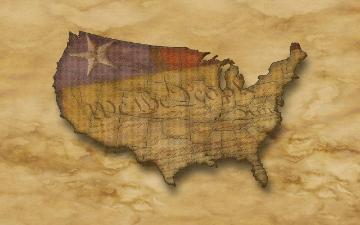When off-duty firefighters in North Bend, Oregon, cut down 25 alder trees in February, Fire Chief Scott Graham said he thought the firefighters could take the wood, and he could help himself to some as well. But the Oregon Government Ethics Commission has reprimanded Graham, saying he should have known he could not take the wood for personal use.
"Every public official in the state of Oregon is required to adhere to ethics laws," according to Ron Bersin, executive director of the commission. "One of those laws is that you are not able to financially gain from your position. He was using fire department equipment and city trees and he was going to burn the wood at his home."
A retired Coos Bay firefighter blew the whistle when he saw the city firewood stacked against the chief's house. "He had so much wood you couldn't see the roof of his house."
The sanction, rather than a fine, was recommended because Graham had not yet burned the wood. A part of the stipulation is that the wood be donated to an agency serving individuals with mental illnesses.
Chief Graham said the whole episode "basically boiled down to miscommunication."
Discussion questions:
- Does it matter that the firefighters were off duty when they did the work?
- There was no mention in the news story on whether or not the firefighters took any wood. If they did, how should their case be treated?
- How should the chief handle this within the fire department?
- What role, if any, should the mayor or city manager play in addressing ethics laws?
- What do you think the best outcome could be in this situation?
Judy Nadler is the senior fellow in government ethics at the Markkula Center for Applied Ethics.
October 2011



